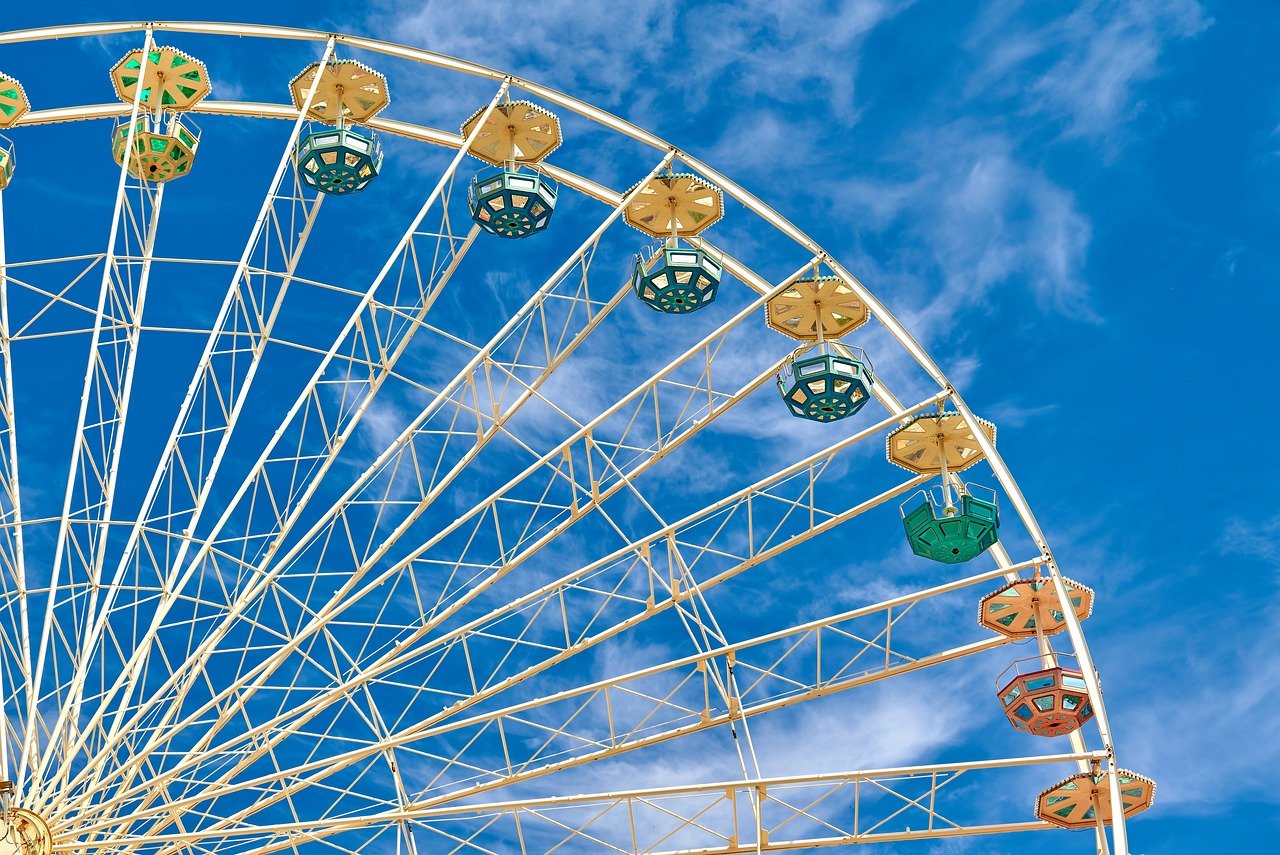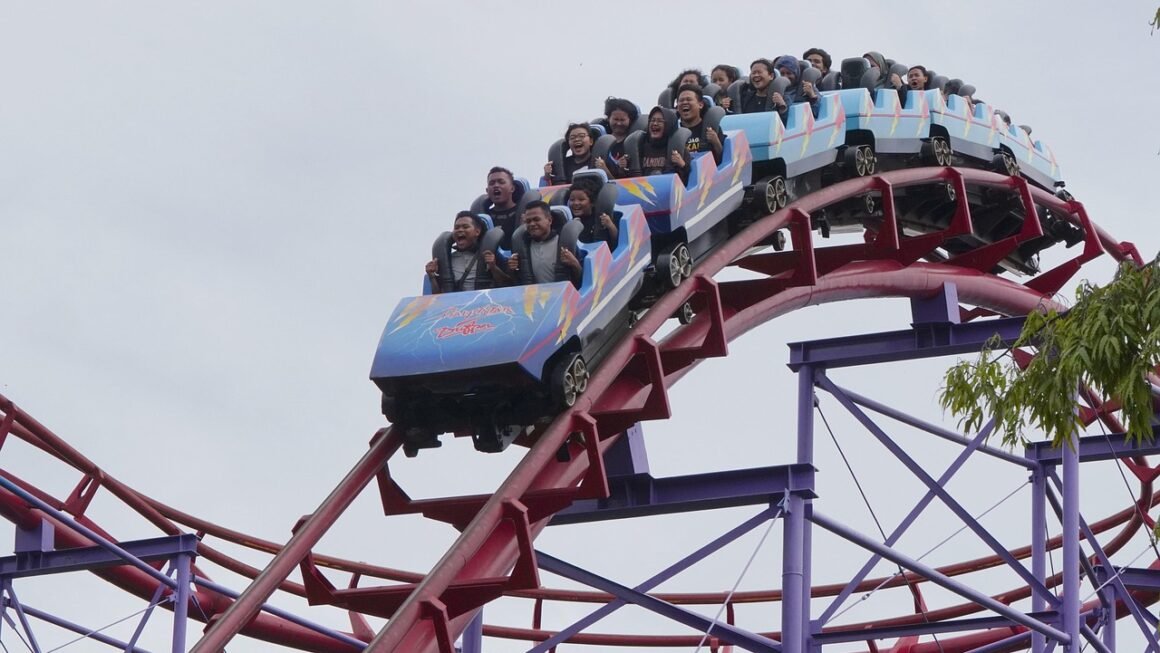Pop culture. The phrase conjures images of viral dances, catchy songs, and celebrities plastered across our screens. But it’s so much more than fleeting trends. Pop culture is the lifeblood of our shared experiences, a constantly evolving reflection of our values, anxieties, and aspirations. It shapes our language, influences our fashion choices, and even impacts our political discourse. Understanding pop culture is understanding the pulse of society itself.
Defining Pop Culture: More Than Just Trends
What Exactly Is Pop Culture?
Pop culture, short for popular culture, encompasses the prevalent trends, beliefs, practices, and objects that are dominant in a society at a given point in time. It’s the culture of the masses, often contrasted with “high culture” which caters to a more elite or intellectual audience. Pop culture is accessible, relatable, and constantly changing.
- Key Characteristics:
Widespread appeal: Enjoyed by a large segment of the population.
Commercialization: Often driven and influenced by commercial interests.
Constant evolution: Subject to rapid change and innovation.
Reflection of society: Mirrors and influences societal values and norms.
Differentiating Pop Culture from Other Forms of Culture
While intertwined, it’s important to distinguish pop culture from related concepts:
- Folk Culture: Traditional practices and beliefs passed down through generations within a specific community.
- High Culture: Artistic and intellectual pursuits appreciated by a more educated and sophisticated audience (e.g., classical music, fine art).
- Subcultures: Distinct cultural groups within a larger society, characterized by shared beliefs and practices (e.g., Goths, gamers). Pop culture can often incorporate and adapt elements of subcultures.
The Power of Pop Culture: Influence and Impact
Societal Impact of Popular Trends
Pop culture wields immense power, shaping individual attitudes and collective behavior. Think about the impact of social media challenges on raising awareness for various causes, or the influence of celebrity endorsements on consumer choices.
- Impact on Identity: Pop culture helps individuals form their identities and find belonging within social groups. For example, identifying with a particular music genre or fandom.
- Social Commentary: Pop culture often serves as a platform for social and political commentary, reflecting and challenging societal norms. Movies, TV shows, and music frequently address topical issues.
- Economic Influence: The pop culture industry is a massive economic force, driving consumer spending and shaping markets.
The Role of Media in Shaping Pop Culture
Media plays a crucial role in disseminating and shaping pop culture. From television and film to social media and streaming services, media platforms amplify trends, create stars, and influence public opinion.
- Television: Reality TV, sitcoms, and dramas reflect and influence societal values and relationship dynamics.
- Film: Blockbuster movies create shared cultural experiences and define iconic characters and narratives.
- Social Media: A powerful force in shaping trends and opinions, enabling rapid dissemination of information and fostering online communities. Viral videos, memes, and influencer culture are significant aspects.
The Evolution of Pop Culture: From Elvis to TikTok
Key Eras and Movements in Pop Culture History
Pop culture has undergone significant transformations throughout history, reflecting changing societal values and technological advancements.
- The 1950s: Rise of rock and roll, rebellious youth culture, and the influence of television. Elvis Presley became a cultural icon.
- The 1960s: The British Invasion, counterculture movement, and social and political upheaval. The Beatles revolutionized music.
- The 1980s: MTV’s impact on music, the rise of video games, and iconic fashion trends. Madonna became a pop icon.
- The 1990s: Grunge music, hip-hop’s mainstream rise, and the emergence of the internet. Nirvana challenged mainstream music.
- The 2000s: Reality TV boom, the rise of social media, and the dominance of pop music. Beyoncé became a cultural powerhouse.
- The 2010s – Present: Streaming services, influencer culture, and the dominance of social media platforms like TikTok.
Current Trends: Social Media, Streaming, and Gaming
Today’s pop culture landscape is dominated by social media, streaming services, and gaming.
- Social Media: Platforms like TikTok and Instagram have become breeding grounds for trends, challenges, and influencer culture.
- Streaming: Netflix, Disney+, and other streaming services have revolutionized entertainment consumption, creating a global audience for diverse content.
- Gaming: Esports and live streaming of video games have become mainstream entertainment, with massive viewership and commercial opportunities.
Analyzing Pop Culture: Critical Perspectives
Understanding Pop Culture Through Different Lenses
Analyzing pop culture through different critical lenses can reveal deeper insights into its meaning and impact.
- Sociological Perspective: Examining how pop culture reflects and reinforces social norms, power structures, and inequalities.
- Psychological Perspective: Exploring how pop culture affects individual identity, behavior, and emotional well-being.
- Economic Perspective: Analyzing the commercial forces that shape pop culture and its impact on consumerism.
The Potential Downsides of Pop Culture
While pop culture can be a powerful force for positive change, it also has potential downsides:
- Superficiality: Can promote superficial values and unrealistic expectations.
- Commercialization: Overemphasis on consumerism and material possessions.
- Cultural Homogenization: Can lead to a loss of cultural diversity.
- Negative Influence: Potentially harmful content, such as violence or unrealistic body images.
Conclusion
Pop culture is a dynamic and multifaceted phenomenon that shapes our lives in profound ways. From fashion and music to social media and gaming, it reflects our values, influences our behavior, and drives the economy. By understanding its evolution, analyzing its impact, and critically evaluating its potential downsides, we can better navigate the ever-changing landscape of popular culture and harness its power for positive change. Being a conscious consumer and critical thinker of pop culture allows us to engage with it in a meaningful and informed way.



